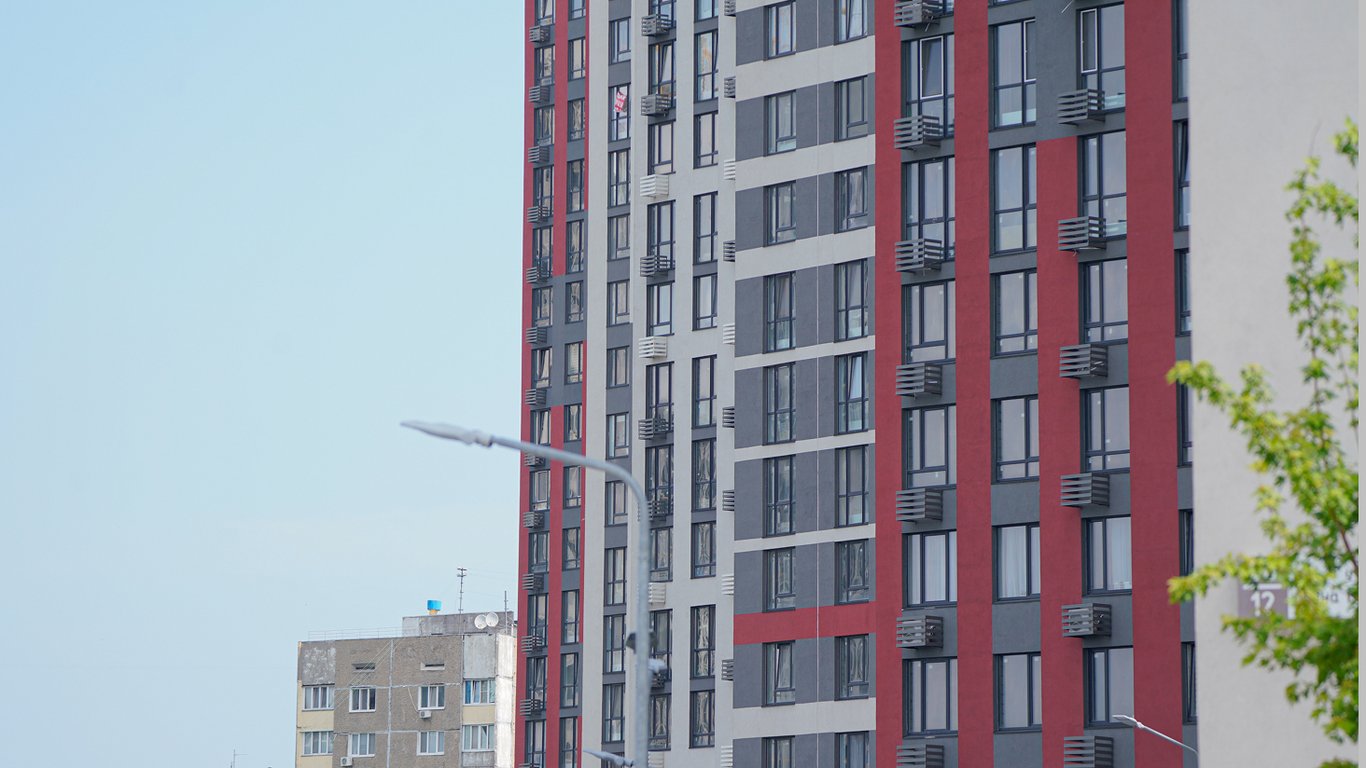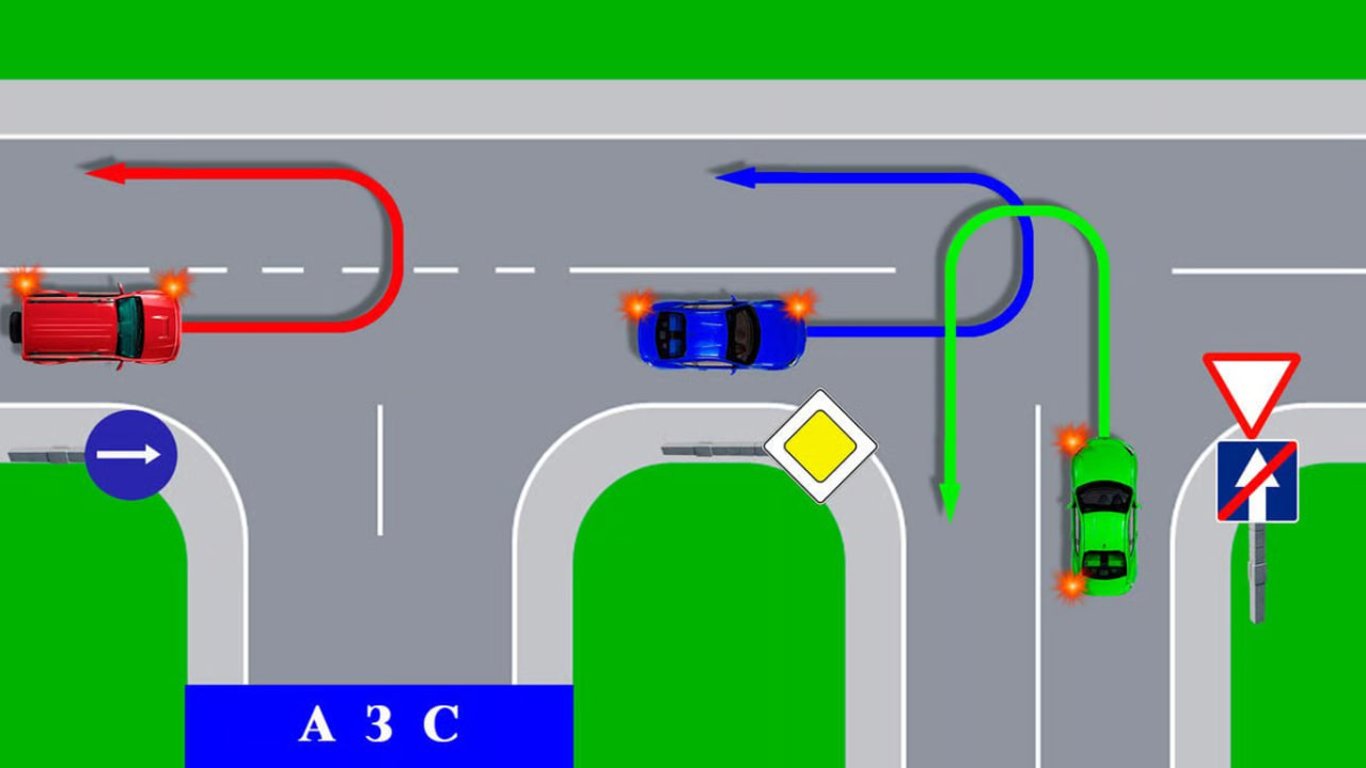Cooperative Housing Association or Management Company — What is the Difference and What to Choose.


Many Ukrainians living in apartment buildings often face the question of who should take care of managing the building, basements, elevators, lighting, and the area around the building. The two main forms of management are the Cooperative Housing Association (CHA) and the management company. Both models operate according to the legislation, but they differ from each other.
For most Ukrainians living in apartment buildings, the question arises: who should take care of the building's condition, basements, elevators, lighting, roofs, and the yard area? The two main forms of management are the Cooperative Housing Association (CHA) and the management company. Both models operate under the law, but there is a significant difference between them.
How Cooperative Housing Associations Work — and What They Offer Residents
A Cooperative Housing Association (CHA) is a voluntary association of co-owners that is created for independent building management. This association has legal status, manages accounts, enters into contracts, and makes decisions through the general meetings of residents.
Advantages of a CHA:
- complete autonomy — residents choose whom to contract with, which contractors to hire, and how to allocate funds;
- transparency of expenses — all payments and budgets are approved collectively;
- ability to save — CHAs often find cheaper contractors than those offered by management companies.
But there are downsides. Thus, responsibility lies with the residents — someone has to keep the accounts, organize meetings, and oversee repairs. Moreover, active participation is required — passive co-owners may slow down decision-making.
In 2025, the creation of CHAs is supported by state and municipal programs, including the opportunity to participate in energy-efficient initiatives.
How a Management Company Functions
This is a private legal entity that residents elect (or which is appointed by the city council if the decision is not made by the residents themselves). The company is responsible for the entire range of services — from cleaning to major repairs.
Advantages of a management company:
- fewer worries for residents — there is no need to organize a CHA, maintain documentation, or look for contractors;
- there is a responsible structure — in case of emergencies, breakdowns, or unfulfilled obligations, residents can directly address the company.
Disadvantages:
- minimal influence of residents — the company sets the tariff, and changing it without the company's consent is difficult;
- risk of poor service — if the company fails to fulfill its obligations, residents can only enforce them through court.
- the fee may be higher — residents do not have mechanisms to control prices.
In case of dissatisfaction with the services of such a company, it is not easy to change it, as noted by the real estate corporation RIEL. By law, a majority decision of co-owners is required, new contracts must be concluded, and often — legal consultations.
Legal Regulation: What Has Changed
In 2025, the Law of Ukraine 'On the Peculiarities of Exercising Ownership Rights in an Apartment Building' is in effect, which states that co-owners have the right:
- to choose the form of managing the building;
- to create a CHA at any Time;
- to change the management company if there are valid claims.
There is also an updated mechanism for electronic voting of co-owners — via Diia or local self-government services.
Which Model is More Beneficial in the Long Term
- CHA — it requires more effort initially, but potentially offers a higher level of control and efficiency. It is especially beneficial if residents are active and interested in preserving the building and willing to participate in affairs.
- Management Company — more convenient for passive majorities; however, this model may not motivate the company to provide high-quality services if there is no competition or control.
In new buildings, the developer usually 'appoints' their own company, but after the building is commissioned, residents have the right to change the form of management.
What Else Should Ukrainians Know
Residents of apartment buildings often consider the yard area (playgrounds, benches, trees) their own property, but legally, this issue is not so simple. The question of the legal status of this land has resurfaced: who owns it, what can and cannot be done on it, and who has the right to manage it, especially during the war and post-war reconstruction.
We have also reported that the Ukrainian housing market has gone through significant changes over the past year: investors, who were previously the driving force, have now taken a wait-and-see position due to high construction costs. This forces developers to rethink their strategies, focusing on targeted, niche projects instead of large-scale construction.
The article compares the two main forms of managing apartment buildings - Cooperative Housing Associations and management companies. It outlines the advantages and disadvantages of each model and emphasizes the importance of the legal aspect in choosing a management form. At the same time, it highlights current issues of interest to Ukrainians related to the legal status of the yard territory and changes in the housing market.
Read also
- Weather in Ukraine today — where the air will heat up to +38 °C
- The pension received will have to be returned — who does it concern
- Severe weather will hit Ukraine - weather forecast for the weekend
- Apartment Renovation - When It Is Necessary to Coordinate
- Difficult Traffic Rules Test about Turning - Who Violates the Rules
- Debt Collection — What Property Cannot Be Seized by the Enforcement Service








